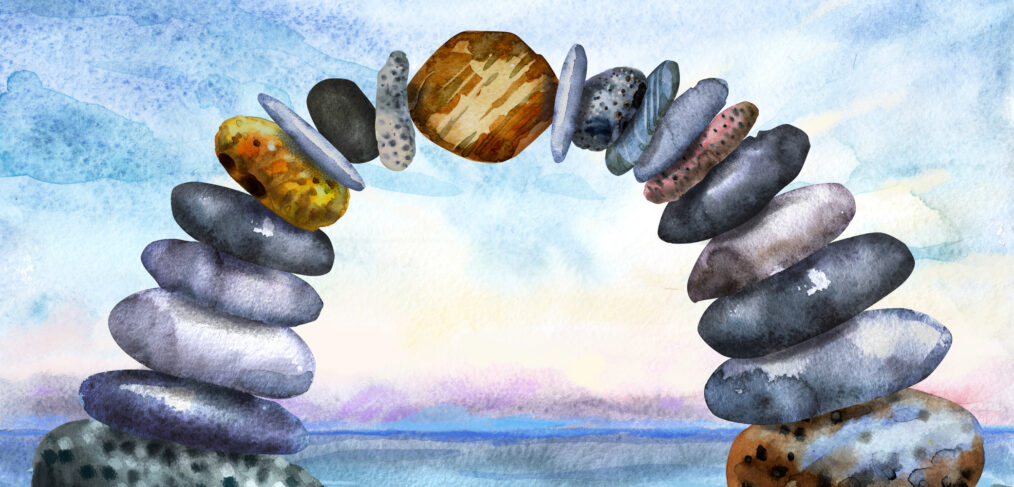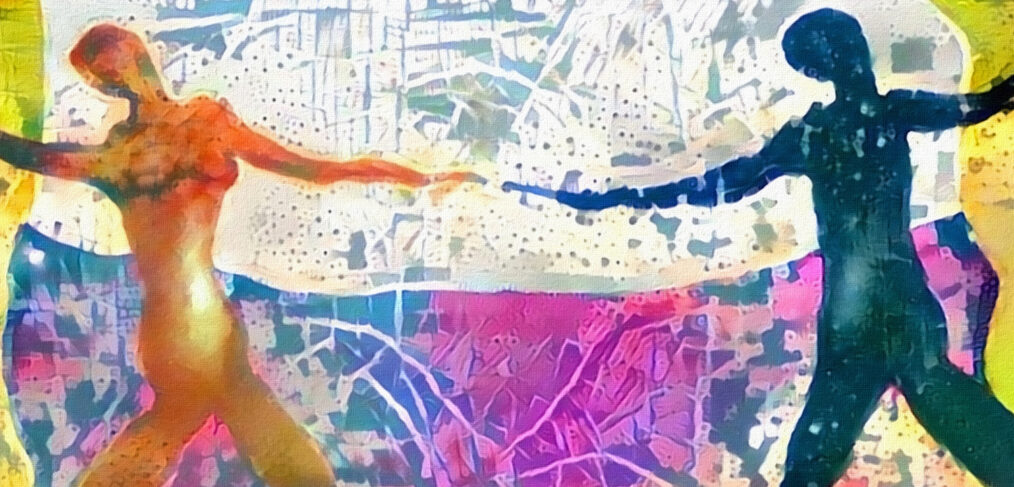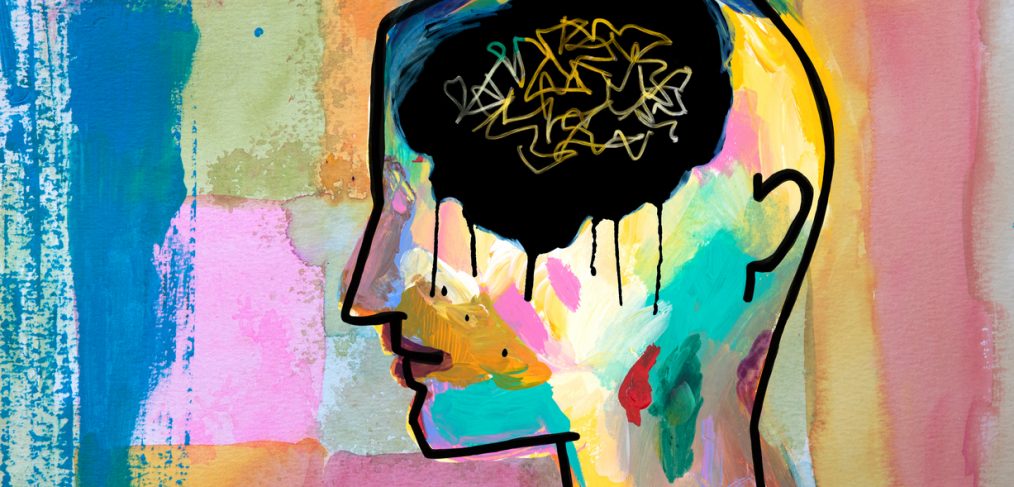No one in your life has to be there. This concept can be challenging for some to comprehend, and cutting some people, such as family, out of your life can seem impossible and extreme. But everyone has had experiences with toxic people—people who are poison to them. These people are not just frustrating or irritating. They are toxic—they poison your mental, emotional, and physical well-being. You may feel that you have a responsibility toward them. In some cases, that’s true—but it’s essential to examine the context for those responsibilities and explore ways to remove them, partially or entirely, from your life. You may still care about them and want them to be happy, but they can no longer be in your life.
One of life’s most important but most challenging aspects is achieving a state of balance. We are all eventually faced with a broad range of demands, passions, and responsibilities to which we cannot devote sufficient time or energy. We ultimately have to choose those activities that we either need or must spend more time with at the expense of others. You might base this on requirements or perceived requirements. You might disregard your responsibilities and focus on what you love, but regardless, at some point, you will have to choose what you do with your time.
Sure! Let’s go!
The people I enjoy being with the most have a sense of adventure about them. They are up for anything. It’s not only a willingness to explore the unknown and engage in new experiences—it’s also an overwhelming sense of optimism and enthusiasm. They’re an inspiration to me, but they’re also just fun to hang around with. They look at the bright side of whatever happens and don’t treat barriers or challenges as problems. They also have courage—courage to explore the unknown and to take risks—courage in the face of doubt. All of us have a range of opportunities every day—opportunities to try new things or to get to know new people—and some of these opportunities will involve risks. A sense of adventure doesn’t mean saying yes to every opportunity that arises or totally ignoring risks and responsibilities. It does mean being open to opportunities and open to the possibilities they present. It means saying yes to life.
You have something really good going. You’re happy. You’re proud. You’re excited. But then, just like that, you can’t keep it up. Somehow the old patterns reappear, and you find yourself wondering how you were able to start down the golden path to begin with, and how you were able to stay on it, even just for a little while.
Developing good habits and keeping away from bad habits seems so simple on the surface. We have free will. If we want to do something (or stop doing something), we should just do it (or stop doing it). What’s preventing us? The answer is complex and multifaceted. There are many forces in our lives that drive us toward or away from certain behaviors. It’s important to recognize this fact and do everything we can to understand those forces and how they affect us. We also have to recognize our strengths and weaknesses that help or hinder our ability to overcome these forces to enable us to work effectively toward getting on, and staying on, the path we desire.
For many of us, a disruption can be like a test of how legitimate a sense of urgency is. In our daily routines, busyness and urgency can become a permanent state. You have tasks, you have meetings, people count on you and so you must get the job done—now. If your schedule gets derailed, you may begin to feel overwhelmed and anxious. I’m falling behind! All this is coming due now! You work late nights and weekends. You get it all done, but you somehow still feel behind. That lingering sense of pressure never really goes away. Some feelings of urgency are from specific timelines and due dates. These are necessary aspects of the working world and are needed to coordinate and work collaboratively. However, many of these are a bit arbitrary and are not associated with a specific need to complete a task by a certain time.





